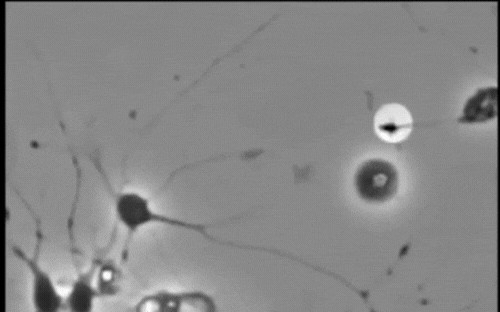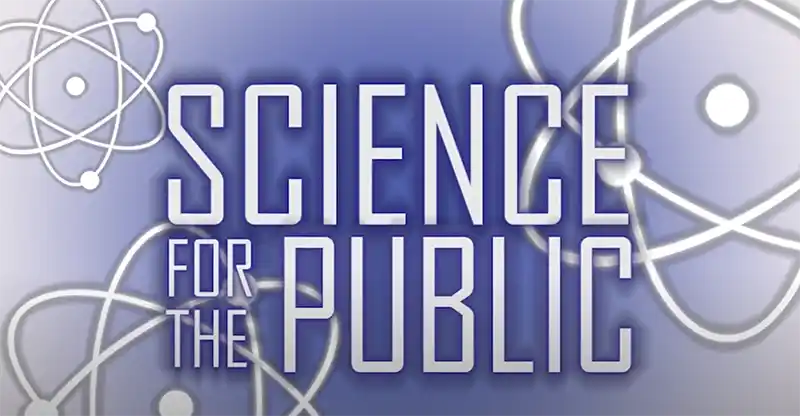
Sep 1, 2024 | Carbs, Diet Tips, Fiber, Legumes, Nutrition, Protein, Research, Snacking, Weight Loss
What is balanced eating, and can it help with weight control? Balanced eating refers to a dietary approach that ensures you are consuming a variety of foods in the right proportions to meet your nutritional needs. The goal is to provide your body with all the...

Jun 9, 2024 | Carbs, Diet Tips, Fiber, insoluble fiber, Legumes, Nutrition, Protein, Research, Science, Weight Loss
Harnessing the Power of Fiber and Protein for Effective Weight Loss In your search for effective weight management, dietary fiber and protein are a dynamic duo of nutrients. Together, they not only aid in digestion and muscle maintenance but also play a crucial role...

May 1, 2024 | Diabetes, Diet Tips, GLP-1, Medications, Research, Science, Semaglutide, Weight Loss
Understanding the new landscape of unregulated Semaglutide Comparing Ozempic, Wegovy, and Compounded Alternatives Have you recently scrolled through TikTok or Facebook and noticed influencers or ads promoting easy access to surprisingly low-cost semaglutide, without...

Feb 4, 2024 | Cardiovascular Health, Diet Tips, Nutrition, Research, Science, Weight Loss
Nourishing the Brain and Body Video clip of neurons connecting — courtesy Dr. Caroline Leaf, a cognitive neurologist. The Science of Eating for Cognitive Health This is an age of articles about optimizing everything. And while optimizing your calendar or your cable...

Nov 2, 2023 | Diet Tips, In the Media, Public Health, Research, Science, Video, Weight Loss
Dr Roberts was a guest on “Science for the Public” with Yvonne Stapp. Here is the full interview, as well as a summary of what they discussed. Main Topics Discussed: The discussion provides an understanding of metabolism, obesity, and diet. It emphasizes...

Oct 28, 2023 | Diabetes, Fiber, Nutrition, Research, Science
In the contemporary culinary landscape, ultra-processed foods have become a staple for many, appreciated for their convenience and long shelf life. Ultra-processed foods are common in many households and include products like breakfast cereals, muffins, snack bars,...








 Yes! I want to receive a 38-page cookbook, and be informed of upcoming classes. No obligation, instant download.
Yes! I want to receive a 38-page cookbook, and be informed of upcoming classes. No obligation, instant download. 